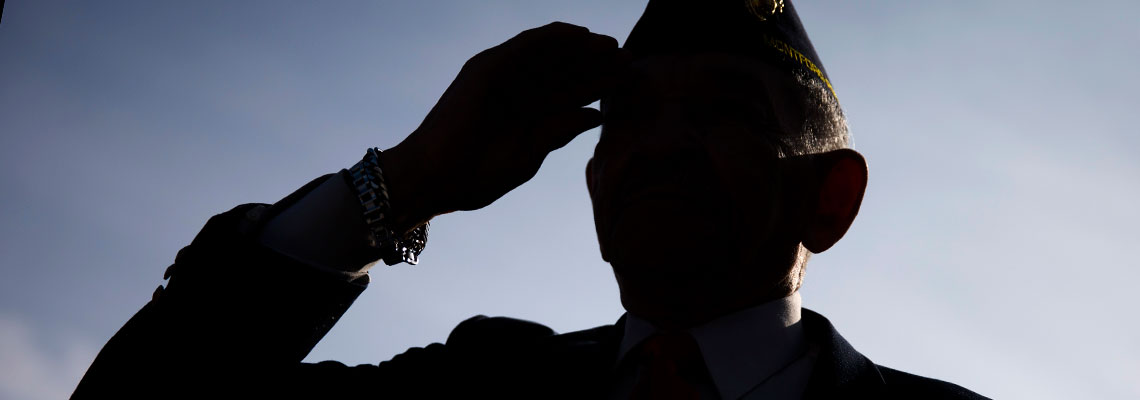
The House Committee on Veterans’ Affairs held a hearing last week to learn more about the Affordable Care Act, its effect on the Veterans Health Administration (VHA), and the one million-plus veterans who are currently uninsured.
The good news is roughly 535,000 of these uninsured veterans could gain coverage through Medicaid beginning in 2014.
However, a new Urban Institute studyshows that more than half of all uninsured veterans live in states that haven’t committed to expanding their Medicaid program under the health reform law.
Lawmakers at the hearing wanted to know how VHA enrollment rates are likely to change, both in states where Medicaid does expand and in those where it doesn’t.
Witnesses from the VHA estimate a potential net gain of 66,000 new enrollees in VHA care, but a confluence of provisions in the law will ultimately determine the final number.
These provisions include:
- The individual mandate;
- The “no-wrong door” policy, whereby applications to Medicaid, the Children’s Health Insurance Program (CHIP), and exchanges can be screened for a variety of health insurance programs; and
- Trained navigators who will assist individuals who are seeking health insurance coverage.
While only time can tell us how these and other policy changes may affect veterans’ decisionmaking, the VHA assumes that states without an expanded Medicaid will see an increase in VA enrollees, and states with an expanded Medicaid will see a decline.
However, it’s just as possible that more veterans will continue to go uninsured in states that don’t expand Medicaid.
The hearing also focused on tax credits to which veterans’ family members would be entitled to if they enrolled in exchanges.
As things stand, more than 300,000 children of veterans and more than 600,000 spouses of veterans are uninsured, and most are not eligible for VHA care.
The majority of the uninsured children are currently eligible for Medicaid or CHIP, and will remain so, whether or not their state chooses to expand Medicaid. However, targeted efforts to reach and enroll these children may be needed to increase their rates of coverage.
On the other hand, few spouses of veterans are eligible for Medicaid under current law. In 2014, roughly one in four — or nearly 175,000 spouses of veterans — could qualify for Medicaid coverage if their state expands the program.
If states don’t expand Medicaid, most of these spouses aren’t going to see new coverage options.
Resolving these issues is critical, with uninsured veterans and their family members reporting a lot of trouble accessing care. This is illustrated by two of our principal findings:
- More than 40 percent of uninsured veterans and over 50 percent of uninsured family members report having unmet health needs.
- Over a third of uninsured veterans and more than 40 percent of their uninsured family members delayed care due to cost, experiencing much higher rates than those with health coverage.
Thus, addressing these coverage gaps is vital to ensuring that those who have served our country — and their families — get the health care they need and deserve.
Veterans Day image from Flickr user North Charleston (CC BY-NC-ND 2.0)
Tune in and subscribe today.
The Urban Institute podcast, Evidence in Action, inspires changemakers to lead with evidence and act with equity. Cohosted by Urban President Sarah Rosen Wartell and Executive Vice President Kimberlyn Leary, every episode features in-depth discussions with experts and leaders on topics ranging from how to advance equity, to designing innovative solutions that achieve community impact, to what it means to practice evidence-based leadership.